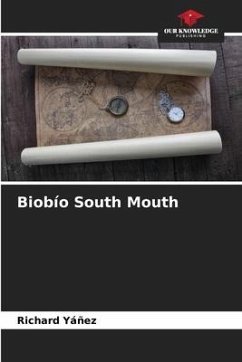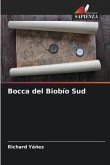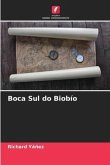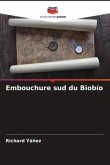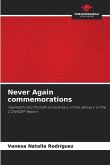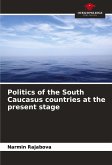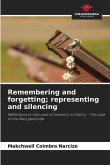This research aims to contribute to the debate on the cultural policy that our country needs in vulnerable contexts. To this end, it will focus on the practices and reflections that exist around community life in the Boca Sur neighbourhood, in the commune of San Pedro de la Paz, Chile. One of the most impoverished sectors of the Province of Concepción. Formed during the dictatorship, it became the emblem of the class-based spatial segregation policies of the time: decongesting cities and eliminating poverty from urban centres. In particular, the research proposes to delve into the cultural discourses and practices that are manifested in different ways and forms in this territory, studying what kind of collectivisation they develop and how each of them challenges the state. In accordance with the above, the Latin American experience of the different urban peripheries will be reviewed in general terms, and a dialogue will be established around the places of memory and heritage preservation that should be relevant to the contexts described.
Bitte wählen Sie Ihr Anliegen aus.
Rechnungen
Retourenschein anfordern
Bestellstatus
Storno

